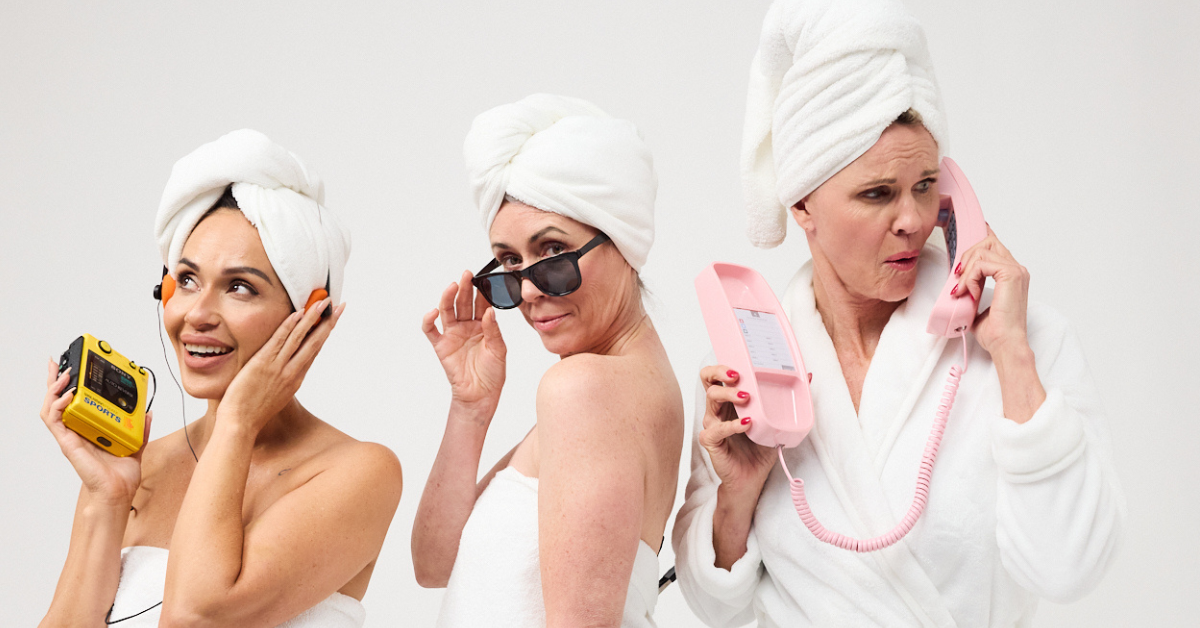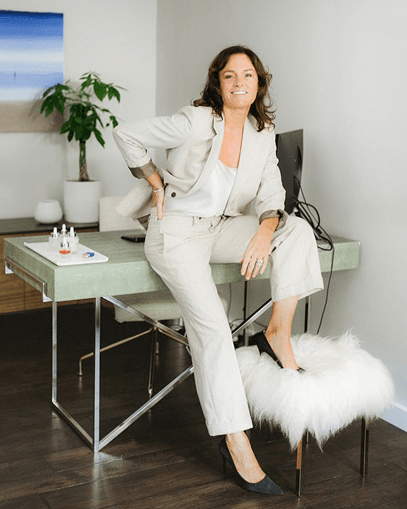Is Dermaplaning Safe for Mature Skin? A Guide for 40+ Women
Written by Kerry Benjamin

Let’s get real—our skin changes after 40. It gets thinner, drier, and a little more reactive. But that doesn’t mean you have to avoid exfoliation. In fact, gentle exfoliation is one of the most effective ways to keep your skin glowing as you age. And dermaplaning? It’s one of the best-kept secrets in pro skincare.
What Makes Mature Skin Different?
- Slower skin cell turnover = more dullness and buildup
- Thinner texture = more prone to sensitivity
- Hormonal shifts = dry patches, uneven tone, and breakouts
If you’re noticing your usual products aren’t absorbing as well—or your glow has gone MIA—dermaplaning can help. But only if you do it right.
Is Dermaplaning Safe After 40?
Yes—if you're using a tool designed for mature skin. Our Dermaplaning Tool was developed by an aesthetician (who also happens to be 50+) with the unique needs of aging skin in mind:
- A surgical stainless steel blade for smooth, irritation-free exfoliation
- No vibration, no tugging, and no harsh scraping
- A reusable aluminum handle to reduce waste and increase control
What About Sensitive Skin or Thinning Skin?
Thinner skin doesn’t mean you have to skip exfoliation—it just means you need to be smarter about how you do it. Here’s how to dermaplane safely:
- Always start with clean, dry skin
- Hold the tool at a 45° angle and use gentle, short strokes
- Avoid active breakouts, open cuts, or irritated patches
- Use calming, hydrating skincare afterward
Still unsure? Start slow. Try dermaplaning every other week and work your way up to weekly use.
Can I Dermaplane if I’m Pregnant?
Yes. Our tool is safe for pregnancy. It contains 5% nickel, so always patch test if you have a known sensitivity. But no harsh chemicals, no batteries, and no drama—just results.
Post-Dermaplaning Routine for Mature Skin
Once you’ve dermaplaned, your skin is primed to drink in actives. Here’s what we recommend:
- Step 1: EGF Activating Serum for hydration + regeneration
- Step 2: Microbiome Moisturizer to replenish and balance
- Step 3 (optional): TCA Multi-Acid Peel on non-dermaplaning nights for deeper resurfacing
Want to see it in action?
Watch Kerry’s Tutorial | Learn more about dermaplaning
Frequently Asked Questions
Can you use a dermaplaning tool on thin or crepey skin?
Yes—as long as you use light pressure and a high-quality tool. Our blade is designed to glide smoothly without pulling or irritating fragile skin.
Will dermaplaning cause more sensitivity over time?
No. When done once a week, dermaplaning actually helps reduce congestion and improves product absorption, making your skin more resilient over time.
What if I have rosacea or eczema?
If your skin is inflamed or actively flaring, skip dermaplaning until it calms. For chronic conditions, check with your dermatologist before starting.
Can I use retinol after dermaplaning?
Yes—just not on the same night. Alternate your TCA peel or retinol use on non-dermaplaning nights to avoid overexfoliation.
What’s the best age to start dermaplaning?
There’s no perfect age—just the right skin moment. Women in their 40s, 50s, and beyond often see the biggest difference because of slower cell turnover.
About the Author

Kerry Benjamin, a licensed aesthetician, has over 14 years of experience. Kerry is the driving force behind StackedSkincare. As the company's CEO, Kerry has dedicated her career to revolutionizing skincare. Her innovative approach combines peels, serums, and specialized tools to effectively address a wide range of skin concerns. CA LE license number Z98459.
